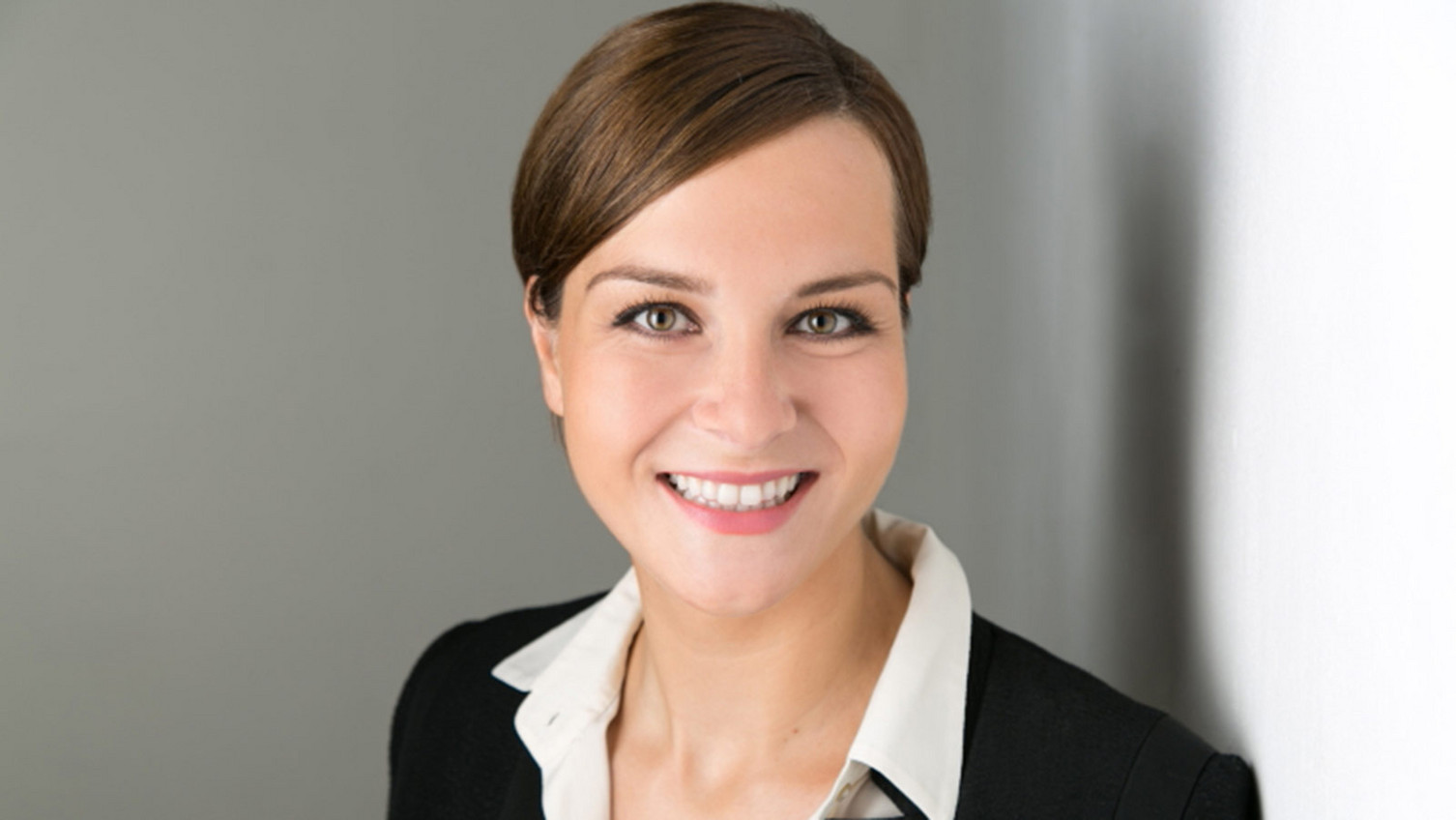Female Entrepreneurship in Mozambique – Research by Stefanie Habersang receives Add-On Fellowship
2022-07-06 How can female entrepreneurship be promoted in Mozambique - on an individual as well as on a structural level? For her interdisciplinary research project on this question, Dr Stefanie Habersang from the Institute of Management and Organisation has now received a two-year grant from the renowned Joachim Herz Foundation.
 ©Stefanie Habersang/privat
©Stefanie Habersang/privat
"The women in Mozambique we work with have very different businesses. Some have their own fashion label or a hairdressing salon, others a café or a bakery," explains Stefanie Habersang. How can women overcome traditional gender roles and be successful entrepreneurs? In an interdisciplinary research team consisting of psychologists, sociologists and economists, Stefanie Habersang, together with Cologne professor Mona Mensmann and the World Bank, developed an intervention in Mozambique that addresses both the individual and structural levels. "Why do we still not understand what is more useful for female entrepreneurs: individual training that starts with women's attitudes and encourages them, for example, to proactively confront and overcome stereotypes in the entrepreneurial context? Or support at the structural level that helps women overcome institutional barriers by giving them access to capital, networks and markets," says Habersang.
According to Habersang, who holds a doctorate in economics, it is not easy for women to start their own businesses, especially in Mozambique: "There are traditional ideas of what a woman has to do and how she has to be." Of course, in other parts of the world, including Germany, one cannot yet speak of equality between the sexes, but in Mozambique the differences are even more noticeable. "Especially in rural areas, the traditional idea of women as housewives and mothers still prevails. For this reason, we also involve the domestic environment, such as husbands and fathers, in the trainings so that the whole thing hits fertile ground and the participants experience support from the family."
Within the framework of the research project, a three-month training with subsequent coaching is now taking place with specially trained trainers on site in the Mozambican cities of Maputo, Napula and Beira. The training was developed over a process of several years and serves, for example, to empower the women with regard to their own competencies in business development, building a network or conducting negotiations. On the other hand, the intervention starts at the structural level: What do appropriate institutions need to change in order to successfully promote female entrepreneurship? "The economists in our team talk to various institutions that can provide women with potential access to capital, markets and professional networks," says Habersang. These include banks or NGOs, for example.
Within the next few months, both measures will be implemented individually and in combination with each other and compared with a control group to determine where the strongest effects lie for the women's entrepreneurial success on the one hand, and what impact the intervention has on the women's autonomy and "empowerment" in the domestic environment on the other. Between 1200 and 1600 women will participate in the intervention.
The interdisciplinary research project is designed for the long term: "The project has now been running for three years, and this year the intervention will take place. It can take another three years or so until all the evaluations are completed and a publication comes out of it." The opportunity to carry out such a project is not a matter of course, especially for young researchers. For this reason, she is particularly pleased about the Joachim Herz Foundation's Add-On Fellowship: "Fellowships for interdisciplinary research projects are rarely awarded. Young researchers in particular are more likely to be asked to anchor themselves within a specific discipline. Receiving this scholarship is therefore a great appreciation." Stefanie Habersang can use the funding flexibly in her research: "Be it for data analysis or attending conferences," says Habersang. Last year, she applied for the "Add-On Fellowship in Economics", which particularly promotes interdisciplinary research by economists and, in her case, is endowed with 15,500 euros.
Dr Stefanie Habersang graduated in business administration from the University of Cologne in 2010 and then worked in marketing for a large corporation. Five years later, she decided to pursue a doctorate, which she completed in 2020 at the Institute for Management and Organisation at Leuphana University. Her dissertation in the field of organisational process research was awarded the Leuphana Doctoral Prize last year, among other prizes.
